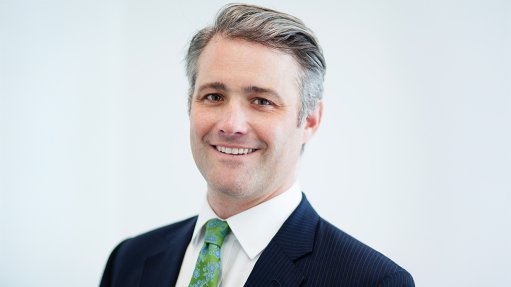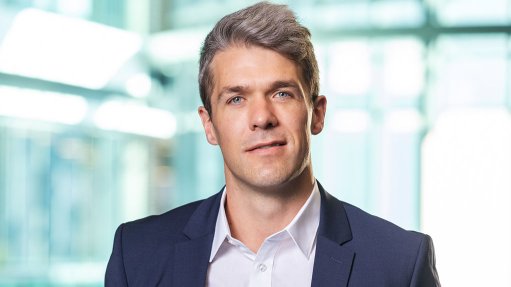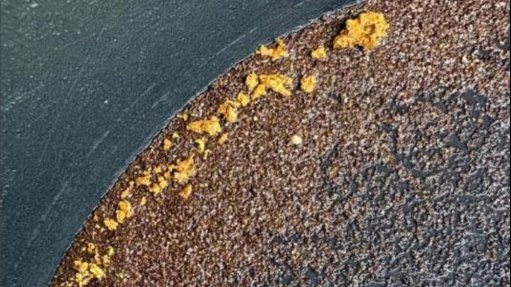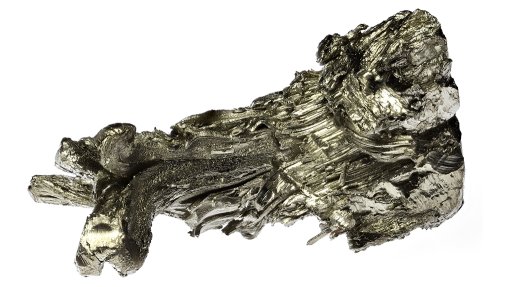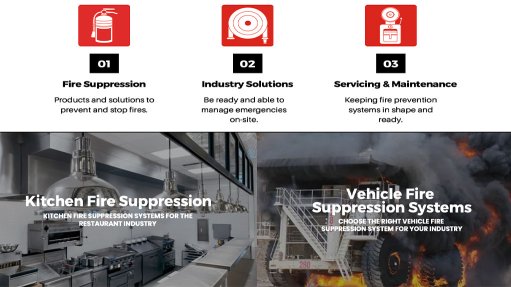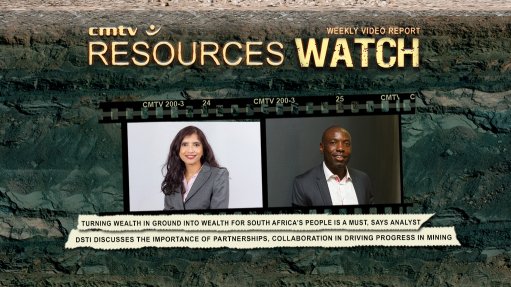On-The-Air (20/03/2020)
Every Friday, SAfm’s radio anchor Sakina Kamwendo speaks to Martin Creamer, publishing editor of Engineering News and Mining Weekly. Reported here is this Friday’s At the Coalface transcript:
Kamwendo: Mining companies the world over are taking firm steps to cut their greenhouse gas emissions.
Creamer: Yes, you know there is a huge focus on human health, but what about the health of Mother Earth? I think that is what is going to follow, because you see steps being taken all over now. We noticed that a Hydrogen Council was formed in the world. This drew 80 top CEO’s from the biggest companies in the world, focussing their minds on how they can decarbonise.
Now, we are looking at mines, which actually produce metals and minerals that help the world to decarbonise, but are themselves very dirty. They have got together this week and formed the Green Hydrogen Consortium. These are the biggest mining companies in the world and the consulting engineering companies in the world. They are determined that they are going to clean up their act at mine level, so that they can’t be accused of being hypocrites and doing something better for the world, but not for the communities that live round mines and not for people that live in mining countries. So, a great opportunity now to cut diesel consumption by mines. This is one of the biggest things they do to pollute the earth and produce metals to decarbonise, but use those metals on their mines as well.
Kamwendo: South African executives across the board are proclaiming that going green and protecting the environment makes money for shareholders.
Creamer: This is the thing. It is a business case, to go green is a business case. We saw that spelt out by African Rainbow Minerals Mike Schmidt, that company is headed by Patrice Motsepe, saying that this is a business case.
They are coal mines, so it is a big transition for them. They are saying that the transition to green is not only cleaning up Mother Earth, but also making money for shareholders. We know that all the big companies are moving and looking at the sun trying to make sure that they can get energy from the sun. With that energy from the sun they can also do much cleaner things around their operations. The big thing is that it is a business case and they can make money out of it.
Kamwendo: South Africa’s petroleum and automotive industries have fallen badly behind the rest of the world’s air pollution standards.
Creamer: This is just a shocking thing. For us to be behind India on the way we refine our petrol and the dirtiness of our petrol has just been allowed to deteriorate. There is a huge dereliction of duty. They have never come up to global speed in the way that they produce our fuels. We are still using dirty fuels. But then, that is the public sector that needs to do something about that. The private sector is also to blame, because they control the automotive industry.
They produce the vehicles here. We are producing vehicles locally that are fitted when they are exported with catalytic converters so that they make sure that they don’t dirty the world’s big cities outside of South Africa. Those vehicles coming into our South African domestic market are not fitted with catalytic converters, so the dirt that is spewed from the exhaust pipes is allowed by the private sector to come into our particular health. Again, it is the huge health issue that people are going to look at, because it is no good you are damaging your own lungs in your own country, just because you don’t want to introduce things that stop the pollution.
The irony of this is that we also make auto catalytic converters in our country. We make those clean type of products that you put on the car and that is done outside of the country. I think that the public sector and private sector have to get together, because in many other countries the on-road side of cleaning up the vehicles and fuel has been done ages ago. What they are already looking at is the off-road side. They are so far ahead of us in the other countries that I think the Environmental Affairs Minister Barbara Creecy has to look at these things and come up with some new regulations.
Kamwendo: Thanks very much. Martin Creamer is publishing editor of Engineering News and Mining Weekly.
Article Enquiry
Email Article
Save Article
Feedback
To advertise email advertising@creamermedia.co.za or click here
Press Office
Announcements
What's On
Subscribe to improve your user experience...
Option 1 (equivalent of R125 a month):
Receive a weekly copy of Creamer Media's Engineering News & Mining Weekly magazine
(print copy for those in South Africa and e-magazine for those outside of South Africa)
Receive daily email newsletters
Access to full search results
Access archive of magazine back copies
Access to Projects in Progress
Access to ONE Research Report of your choice in PDF format
Option 2 (equivalent of R375 a month):
All benefits from Option 1
PLUS
Access to Creamer Media's Research Channel Africa for ALL Research Reports, in PDF format, on various industrial and mining sectors
including Electricity; Water; Energy Transition; Hydrogen; Roads, Rail and Ports; Coal; Gold; Platinum; Battery Metals; etc.
Already a subscriber?
Forgotten your password?
Receive weekly copy of Creamer Media's Engineering News & Mining Weekly magazine (print copy for those in South Africa and e-magazine for those outside of South Africa)
➕
Recieve daily email newsletters
➕
Access to full search results
➕
Access archive of magazine back copies
➕
Access to Projects in Progress
➕
Access to ONE Research Report of your choice in PDF format
RESEARCH CHANNEL AFRICA
R4500 (equivalent of R375 a month)
SUBSCRIBEAll benefits from Option 1
➕
Access to Creamer Media's Research Channel Africa for ALL Research Reports on various industrial and mining sectors, in PDF format, including on:
Electricity
➕
Water
➕
Energy Transition
➕
Hydrogen
➕
Roads, Rail and Ports
➕
Coal
➕
Gold
➕
Platinum
➕
Battery Metals
➕
etc.
Receive all benefits from Option 1 or Option 2 delivered to numerous people at your company
➕
Multiple User names and Passwords for simultaneous log-ins
➕
Intranet integration access to all in your organisation










